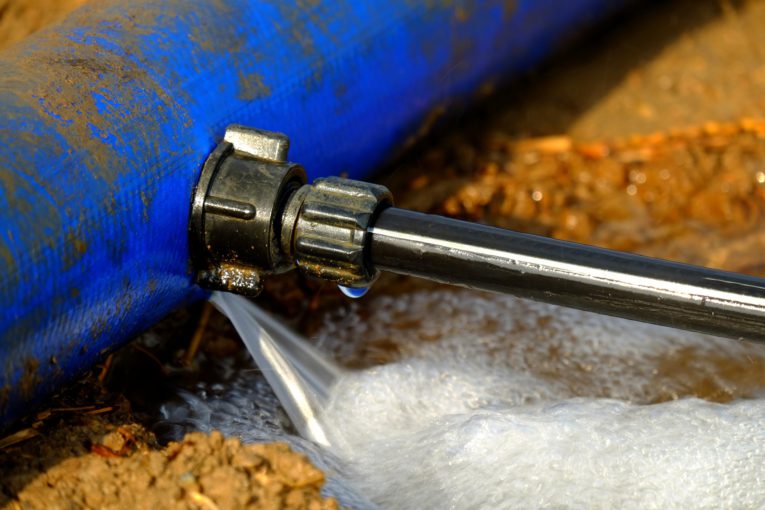Prevent Leaks By Reducing Stress On Pipes

If you’re a homeowner, the last thing that you need to worry about is a pipe that is leaking water. Unfortunately, this is a common occurrence in many households. Most people are busy with their daily lives and don’t even think about checking their pipes to make sure that there are no problems. However, you can do something about this before you have water leaking all over your basement. It just takes a little time, investigation and preventative maintenance to ensure that the pipes in your home have less stress inside of them.
One of the first things that you can investigate is the amount of water pressure that’s currently flowing through the pipes in your home. Typically, water pressure should not flow over 65 PSI. Although, while this is usually the best place to have your water pressure set, some households will exceed that number. To check the water pressure in your home, you probably need to look at the regulator valve that feeds the main supply of water. This valve should be located on the outside of your home where the main line of water is supplied. If this valve gets misadjusted or becomes defective, the water pressure could increase and overstress all of the pipes that run through your entire home. A professional plumber has the ability to check and troubleshoot your water pressure by running a few tests.
Have you ever heard a knocking sound when you open or close a water tap that’s located on your sink in the bathroom or on a kitchen faucet? This knocking sound should not be ignored. It is an unwanted shockwave that reverberates throughout the pipes in your plumbing system. It can actually cause a great amount of damage if your pipes get shook too hard. The best way to alleviate this problem of water hammer is to have a plumber come out and diagnose the problem. A qualified plumber will be able to take action and secure any loose pipes that may be causing the knocking noise and pipe shaking.

The amount of minerals that are found in water are different in various locations. If you are in an area that has water with a high mineral count, you’re dealing with hard water. This type of water is more stressful on your pipes and leads to a shorter lifespan and potential leaks. Typically, calcium and magnesium are the minerals that do the most amount of damage. Over time, they will accumulate and cling to the inside of your pipes. This restricts the amount of water that flows and becomes a hidden danger. If increased pressure gets too high, it puts more stress on the fittings and joints that connect the pipes that run through your home. Inevitably, this will lead to pipes that leak.
You can check to see if you have hard water in a couple of ways. If you live in a municipality, the service that supplies your water will produce a water quality report that you can access. It will indicate if you have hard water in your area. If you happen to have a well, you will need to get the water checked by running a test. If your water has a mineral reading that’s higher than 140 ppm, you have hard water and will need to install a water softener. This will help alleviate any stress that currently being inflicted on your pipes by hard water.
Follow these tips and investigation techniques to make sure that your pipes are stress free.
Charlie Teschner started MESA Plumbing, Heating, and Cooling in 1982. Charlie has a journeyman and master plumber’s license. He was raised with a strong work ethic and he now applies those values to tasks such as Longmont, CO heating repair.
